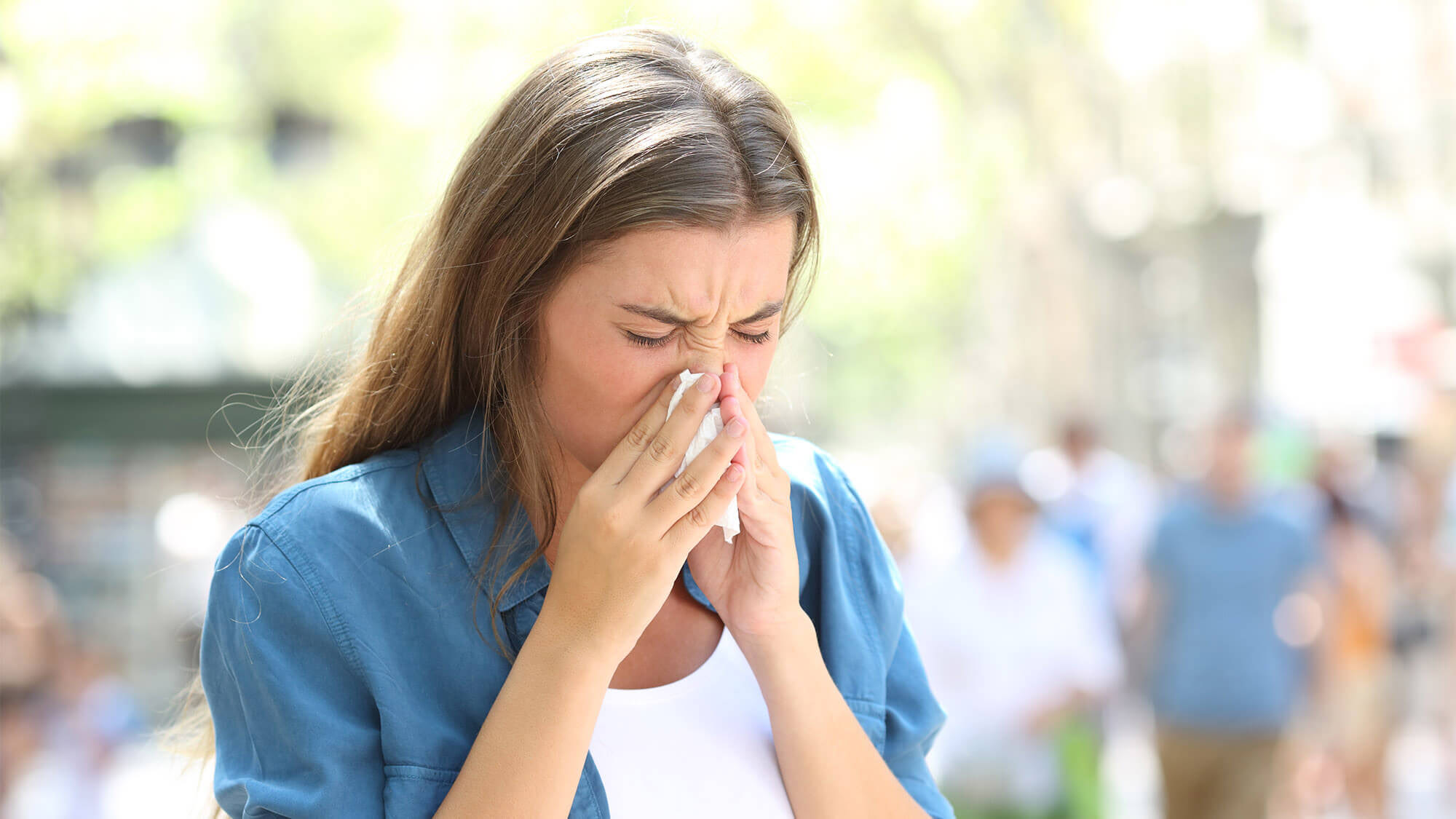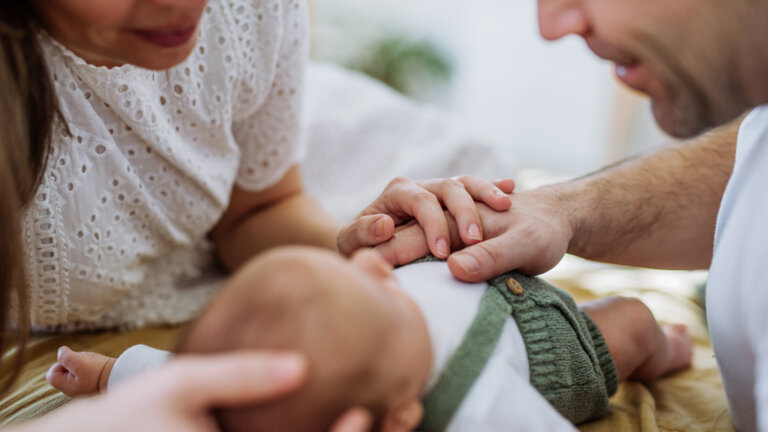We’ve known better springs… This is certainly not the time to have a runny nose, but allergy sufferers can’t do anything about it. Like every spring, pollen makes them sniffle and sneeze for a few weeks. How can they reassure themselves and differentiate this from coronavirus symptoms?
The differences and similarities with coronavirus
If you are an allergy sufferer, you’ll feel that you can recognise the symptoms. Incredibly annoying, but familiar nonetheless. That said, there are a few similarities with the coronavirus. Try not to be either over-anxious or over-confident, and listen to your body.
“Hay fever”, which doctors usually refer to as allergic rhinitis, has one or several of these symptoms:
- Sneezing
- Red eyes, tingling, itching
- Watery eyes
- Blocked nose, congested sinuses, loss of sense of smell and taste (oh no!) and sometimes itching in the throat.
If one of these symptoms is accompanied by a fever, call your doctor immediately and self-isolate. Hay fever does not cause fever, and you’ve undoubtedly picked up something else.

When are pollen levels at their highest?
According to the Health Ministry’s aerobiology laboratory, the Birch pollen peak has passed, and we are now nearing that for Oak.
Pollen concentrations will then remain high for a few days, and allergy sufferers must continue to take medication.
If you wish to follow the trend in readings from day to day, visit www.pollen.lu.
How can you protect yourself from a pollen allergy?
Pollen spreads through the air. There is therefore no miracle solution to avoid it, but wearing a mask should limit the risks.
The other recommendations usually given by doctors to reduce adverse effects from allergic rhinitis are:
- Choose indoor activities over outdoor sports.
- Air your home between 6 and 8 am if you live in the city, because concentration is at its lowest and if you live in the country air rather in the evening, between 7 and 10 pm.
- Keep the windows of the car closed.
- Wear sunglasses when it is sunny and windy, this will reduce contact with the allergen.
- Do not dry your washing outside.
- Use disposable tissues.
- Shower and wash your hair before going to bed.
- Follow the treatment prescribed by the doctor: antihistamines, corticosteroids, desensitisation, etc.
How should you take care of yourself?
Talk to your doctor as soon as the symptoms appear. He will prescribe you with medication to alleviate the symptoms and enable you to enjoy trees in bloom a little more.
During this lockdown period, please try to contact your doctor via teleconsultation, which is more practical and safer for your health.


